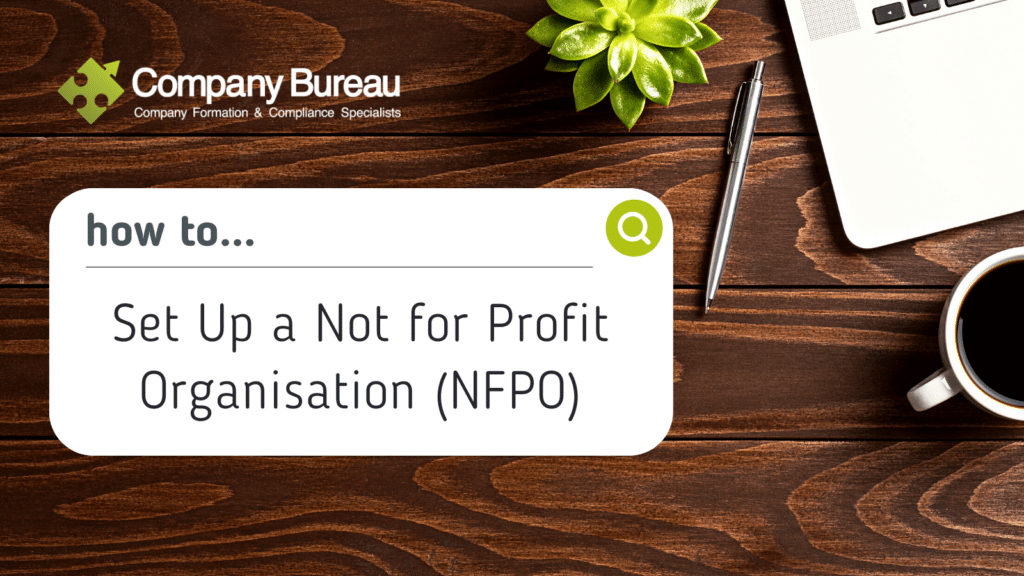Blog
How to Set Up a Not-For-Profit Organisation (NFPO)
By Ashley Coakley, 28th September 2022
This article will discuss Companies Limited by Guarantee and focus on registering a not-for-profit organisation (NFPO) rather than charitable CLGs. NFPOs can apply for Charitable Status when they have a suitable charitable purpose and meet the other requirements set out by the Charities Regulator.
What is a CLG and how do I register one?
A Company Limited By Guarantee, otherwise known as a CLG, is a not-for-profit organisation set up for the benefit of the community. Common examples of CLGs are sports clubs, animal shelters and religious organisations. Once an application to incorporate a CLG has been registered by the CRO, the entity obtains corporate status or legal personality.
Unlike LTD companies and DACs, CLGs do not have a share capital, and have ‘members’ as opposed to ‘shareholders’. A CLG must have a written governing document outlining the company’s main objectives, this is known as the Memorandum and Articles of Association. This document contains the rules of the company which are agreed to by the company officers and subscribed to by the members.
Many residential associations register as a CLG to obtain legal status. Suppose the company aims to manage over 5 units of residential space. In that case, the company constitution must reference the Multi-Unit Development Act 2011. The legal ending will then change from ‘Company Limited By Guarantee’ to ‘Owners’ Management Company Limited By Guarantee’.
What information is required to register a CLG?
The requirements for setting up a CLG, not-for-profit organisation, in Ireland are as follows:
- Minimum of 2 directors, must have attained the age of 18 or older
- Company secretary (one of which may be a director)
- At least one member (this may be an individual or a body corporate)
The company name must be accepted by the CRO and the legal ending must read ‘Company Limited By Guarantee’ or ‘Cuideachta faoi theorainn ráthaíochta’.
The company may, in certain circumstances, seek exemption from using the Legal ending when the company’s objectives will be to promote art, Religion Science or Education.
What happens when the NFPO has been incorporated?
Once the NFPO has been incorporated, you can apply for audit exemption under the 2014 Act, however, at least one member can object to the exemption and require an audit to take place.
The company must file the annual return exactly 6 months after the incorporation date regardless of whether the company has traded or not or received any funds. The company must also file the Beneficial owners with the central register within 5 months of the company’s incorporation date. All CLGs must file the RBO within this period even though there are no shareholders in this company structure.
Once the company has been registered with the CRO, the company has limited liability meaning its members are only liable for the amount invested to contribute to the assets of the company, which is usually €1. Any proceeds that are obtained by the NFPO are reinvested and used for the benefit of the company’s objectives.
If you are looking to set up a not-for-profit organisation or would like more information on the topic, why not contact our team at Company Bureau Formations. We would be more than happy to be of assistance to you. Call now on +353(0)1 6461625
Disclaimer This article is for guidance purposes only. It does not constitute legal or professional advice. No liability is accepted by Company Bureau for any action taken or not taken in reliance on the information set out in this article. Professional or legal advice should be obtained before taking or refraining from any action as a result of this article. Any and all information is subject to change.


